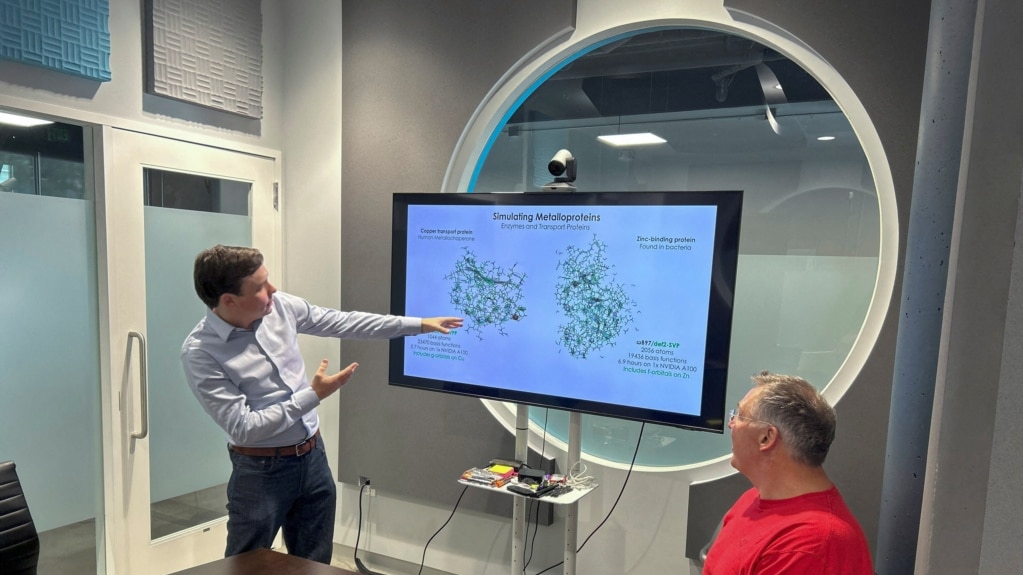Quantum computers promise to be millions of times faster than today’s fastest supercomputers. They could greatly change everything from climate change research to medical development. The wait for these machines, though, has been long, even with the billions of dollars of investment.
But concerns and poor stock performance of some quantum computer companies have not frightened investors. Instead, some are turning to startups that are using powerful chips to run quantum-based programming on traditional computers.
In the past, quantum-based programming algorithms were too big to use in traditional computers. But now, artificial intelligence (AI) chips can make the process possible, industry leaders told Reuters.
QC Ware is a programming startup that has raised more than $33 million. It started by creating programing that could run on quantum computers, but said it needed to change directions and find a solution that works today.
So, QC Ware co-founder Matt Johnson said, the company turned to tech business Nvidia Corp’s graphic processing units (GPU). Johnson said the goal is to “build a bridge to quantum processing in the future."
GPUs are microchips that were made to process video for computer games. They have became so powerful that they do most of AI computing today. They are now being used in quantum development as well.
This week, QC Ware is presenting a quantum-based programming called Promethium. It will process how chemical molecules work with other molecules on a traditional computer using GPUs.
Robert Parrish is QC Ware’s head of quantum chemistry. He said the programming can cut processing time from hours to minutes for molecules of 100 atoms, and months to hours for molecules of up to 2000 atoms, compared to today’s programming.
One billion dollars raised
Big-name investors in quantum computing include Alphabet Inc’s former chairman Eric Schmidt, Samsung, and In-Q-Tel, an investor partner of U.S. intelligence agencies.
The startups receiving large amounts of money say they are able to make money as customers wait for quantum computers to arrive. That customer interest, in turn, is bringing in more investors.
Market research firm PitchBook found that in the past 18 months, quantum programming startups including SandBoxAQ, started by Alphabet, raised about $1 billion.
William Hurley is head of Austin-based quantum programming startup Strangeworks. He said in the end, the programming based on quantum physics will not perform well on quantum computers without some changes.
Still, he said companies that start using them will have engineers "learning about quantum and the phenomenon and the process, which will better prepare them to use quantum computers at the point that they do so." That moment could arrive suddenly, he said.
I’m Gregory Stachel.

